Just one night of deep sleep could be the key to improving your memory, new research reveals
Deep sleep can improve both your short-term and long-term memory
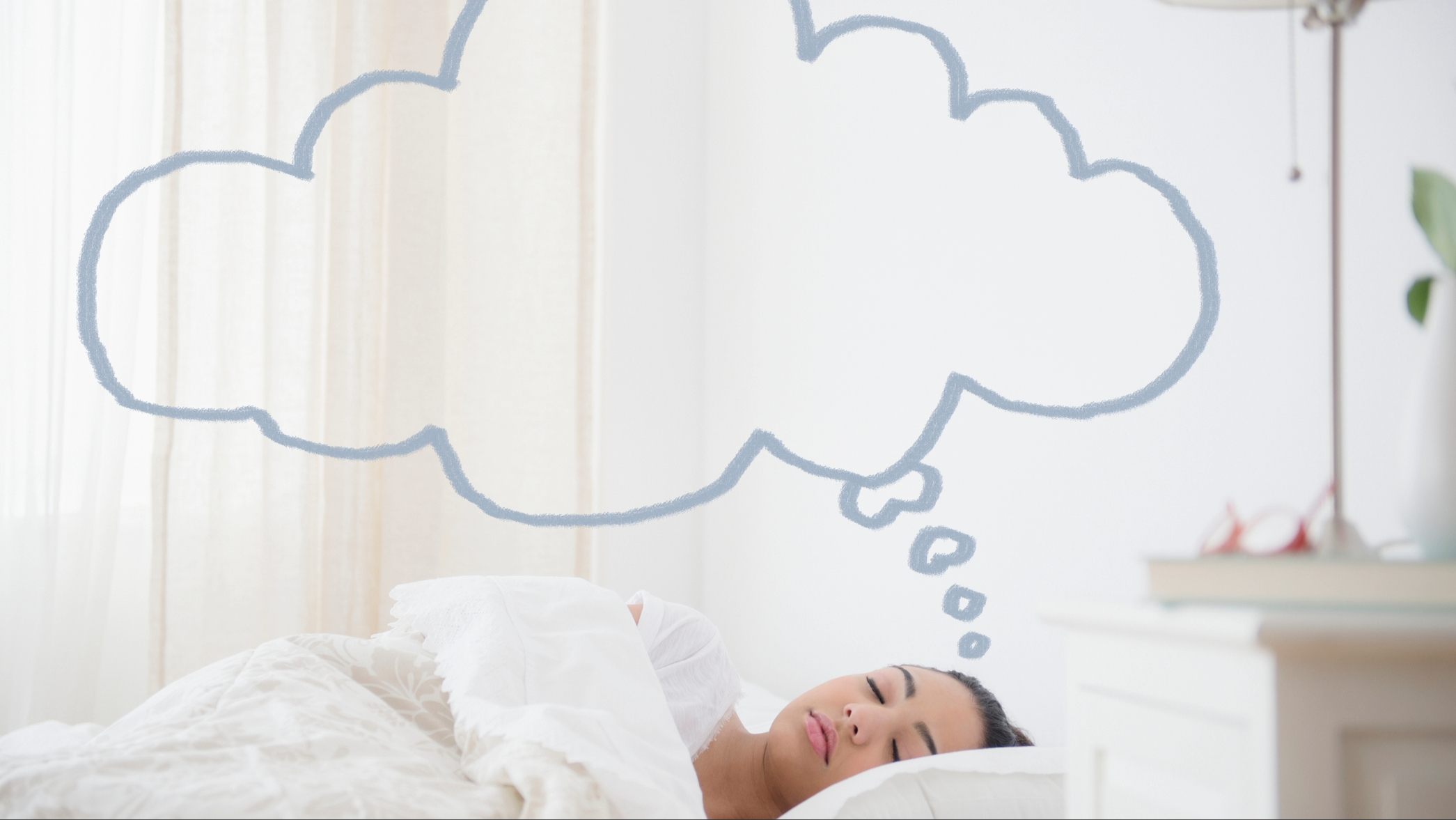
It's no secret that a good night's sleep is key to a healthy brain. However, the full extent of the importance of rest on our cognitive function is still being explored.
And now, new research has revealed that sleep can improve both our short-term and long-term memory.
The new study, recently published in Nature Human Behaviour, documents a group of participants attending an immersive real-world experience — an audio-guided tour of artworks. After, they were tested on their memories of that tour.
The results showed that sleep had a huge impact on the participants' ability to recall specific events and details after just one night's rest.
So, we're taking a closer look at the research to find out exactly how deep sleep helps us remember and how you can get more of it.
Key findings
- Participants showed improved sequential memory after sleep, even 15 months later.
- A single night's sleep had a positive impact on sequential memory.
- Brain activity reports revealed the link between memory enhancement and deep sleep.
Scientists, including Dr Brian Levine, senior scientist at the Rotman Research Institute (part of BARE) and senior author of the study, and Dr Nicolas B Diamond and Dr Stephanie Simpson, designed a guided tour of artworks at Baycrest, after which they underwent memory tests.
In their first study, sequential memory (the order in which events of the tour happened, for example) improved after 24 hours, which included a night of sleep, and 'remained stable' over a month.
Sign up to get the BEST of Tom's Guide direct to your inbox.
Get instant access to breaking news, the hottest reviews, great deals and helpful tips.
However, featural memory (details such as color and materials of items on the tour, for example) consistently declined.
To delve into this more, the researchers conducted a second study were participants were randomized to form two groups: 'sleep' and 'wake'.
While the two groups attended the same art tour and responded to the same test questions, the method of collecting the results differed.
The participants in the 'sleep' group completed the tour in the evening and had their first memory tests one hour later.

They then spent a night sleeping at a laboratory, during which their brain activity was monitored using electroencephalography (EEG). Their second memory tests took place 12 hours after the tour, the following morning after they had slept.
The 'wake' group on the other hand, attended the tour in the morning and had their first memory tests one hour later, with the second tests also taking place 12 hours later. However, the 'wake' group (unsurprisingly) stayed awake for the duration of time in between.
Both 'sleep' and 'wake' teams also completed the same memory tests at the end of a week, a month and 15 months following the art tour.
The results showed that in the 'sleep' group, there was improved accuracy of sequential memory over featural memory after their one night of sleep.
Sleep actively and selectively improves the accuracy of memory
On top of this, the 'sleep group' had better sequential memory results than the 'wake' group at all points of testing, even at the 15 month mark, showing the long-term effect of sleep on memory.
Their studies showed, "that sleep actively and selectively improves the accuracy of memory for a one-time, real-world experience," which in this case, was the art tour.
“While our memory for features such as object size and colour declines over time, sleep can improve our memory for event sequence,” Dr. Levine said, per a press release.
Deep sleep linked to overall memory enhancement
The researchers also looked at brain activity of the 'sleep' group during their overnight stay in the sleep laboratory, as well as some additional participants, and made an interesting discovery about deep sleep (also known as slow wave sleep).
The results showed that the duration of slow wave sleep, rather than any other stage of sleep, was associated with memory enhancement.
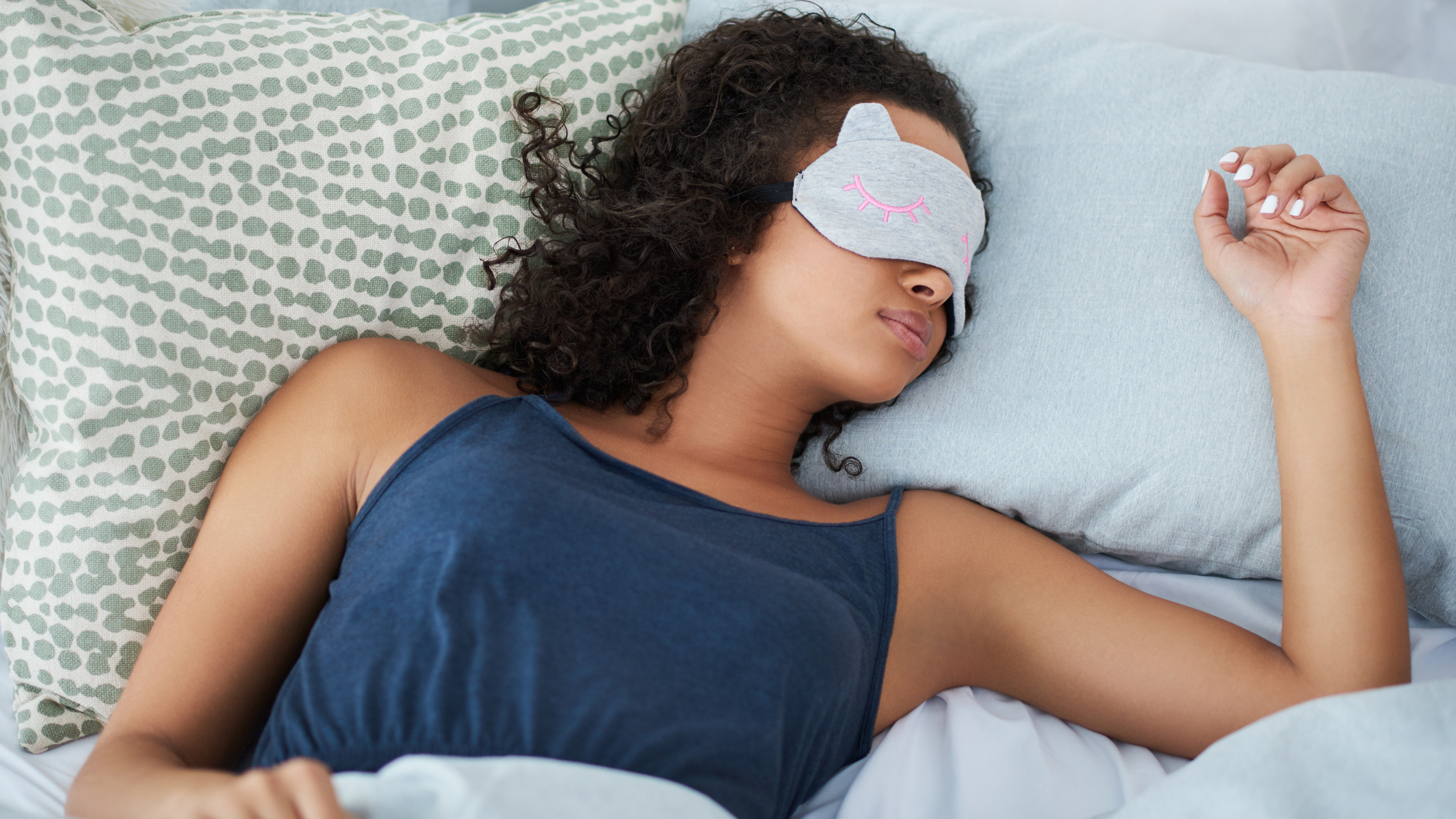
They noted that it was specifically spindles with slow waves that "uniquely predicted overnight memory enhancement."
According to the press release, the researchers believe the overall study shows the benefits of deep sleep on how we remember the sequences of events we experience, despite the fact that we might not recall the specific details as time passes.
“The benefits of sleep on memory are powerful; just one night makes a difference that persists over a year,” Dr. Levine said..
What is deep sleep?
Deep sleep or N3, is one of the four crucial sleep stages which is responsible for restoring and repairing your mind and body. It's the third stage of non-REM sleep and occurs before we transition into REM sleep.
As sleep science coach Julia Siemen previously explained to us, “Deep sleep is the most restful state for your brain and body."
"[It] occurs during the first half of the night and is characterized by slow brain waves, reduced muscle activity, slowed breathing and heart rate, and diminished consciousness," Dr. William Lu, Dreem Health Medical Director and sleep medicine physician previously told us.
While we can't control the amount of each sleep stage we get (just yet!), experts generally recommend that 1.5-2 hours of deep sleep per night is optimum.
5 ways to get more deep sleep
1. Develop a consistent sleep schedule
Want to perfect your sleep habits in time for summer? The first step is to create a sleep schedule.
This is because waking up and going to bed at the same time every day will help regulate your circadian rhythm (the body's internal sleep cycle).
This will help you fall asleep faster and sleep throughout the night, resulting in a better chance of more deep sleep.
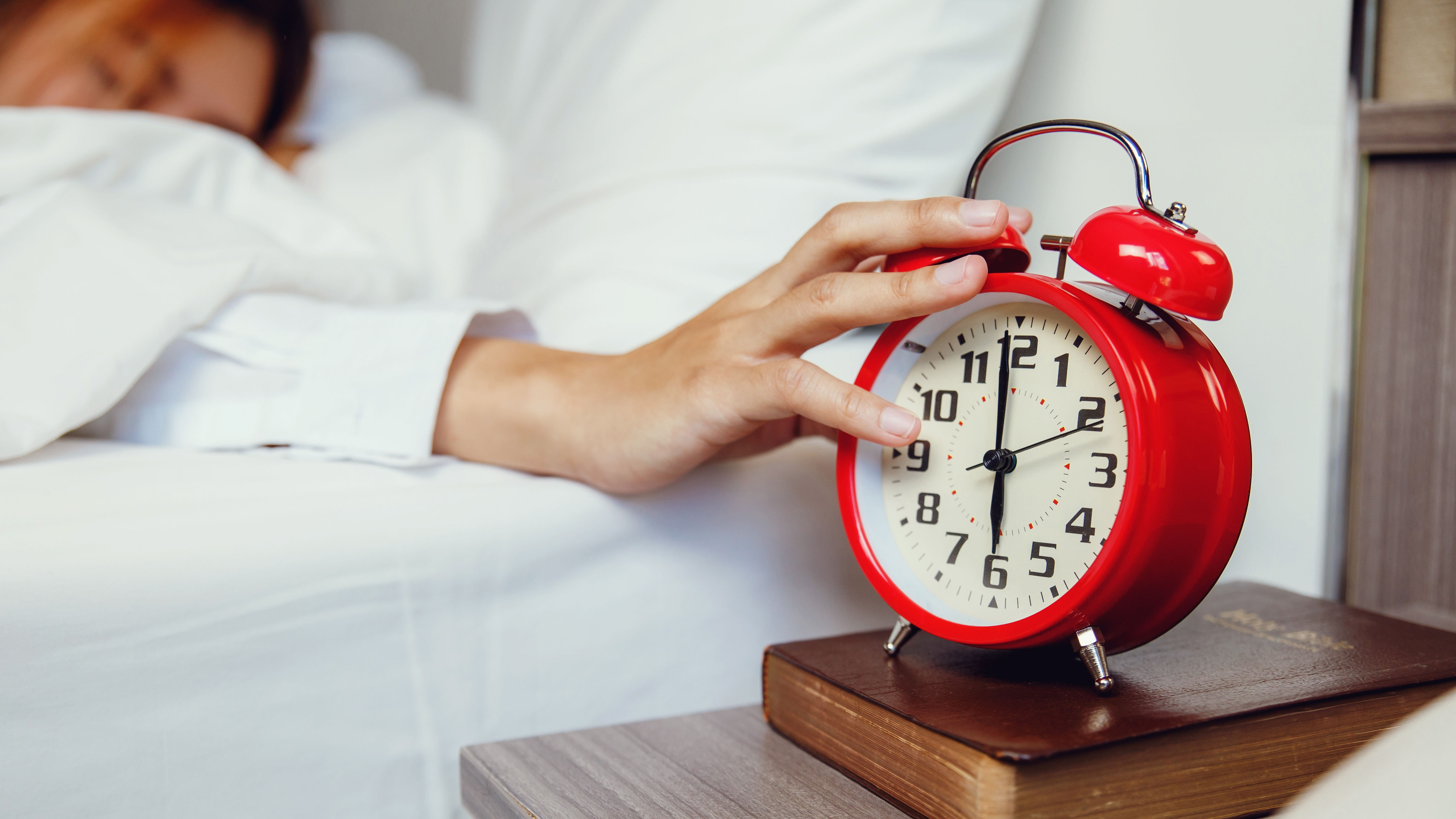
2. Have a no-screen rule two hours before bed
It's tempting to lie in bed scrolling on your phone at the end of long, exhausting day. But while it might feel relaxing, it's actually doing your sleep more harm than good.
Not only will any bright blue light from the screen suppress melatonin (the sleepy hormone) production, but the constant rush of information will also keep your brain stimulated and active, which isn't conducive to sleep.
Experts recommend enforcing a strict 'no-screen' rule two hours before bed and utilising this time for a more grounding activity instead.
You'll be surprised to know that this a sleep hack used by some well-known celebrities, including Friends actress Jennifer Aniston.
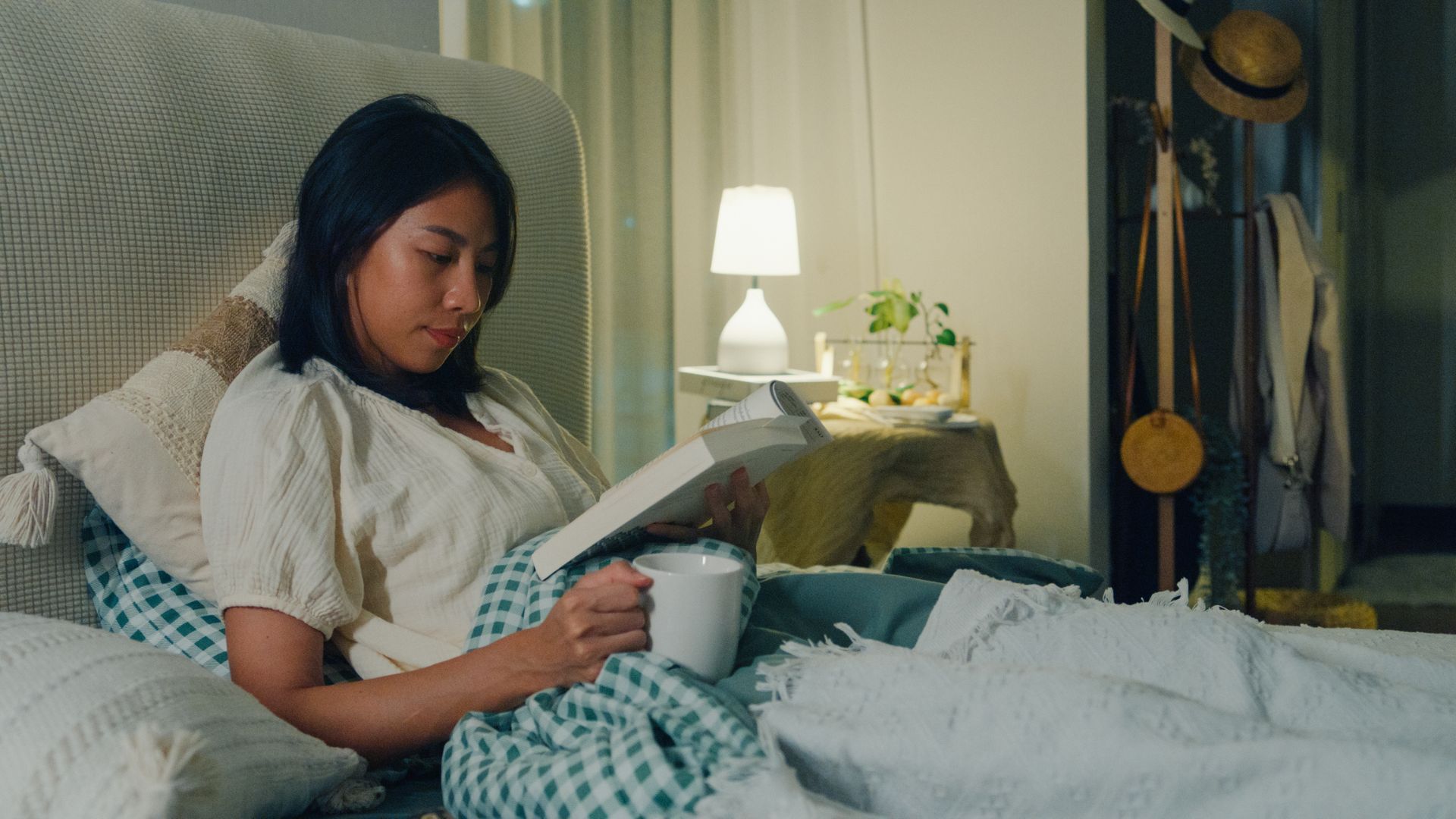
3. Take up a calming activity
The main idea behind taking part in a calming activity before bed is to wind down your body and mind, preparing it for rest— which means nothing stimulating, such as an exciting video game or a thrilling movie.
There are plenty of options to choose from, research shows that a warm bath can do wonders to improve sleep, while indulging in calming bedtime drinks, including turmeric milk and fruit teas, can help, too.
Also consider listening to gentle music, yoga therapy for sleep and breathing exercises to disconnect from the stresses of the day and encourage relaxation and rest.
4. Do not overeat before bed
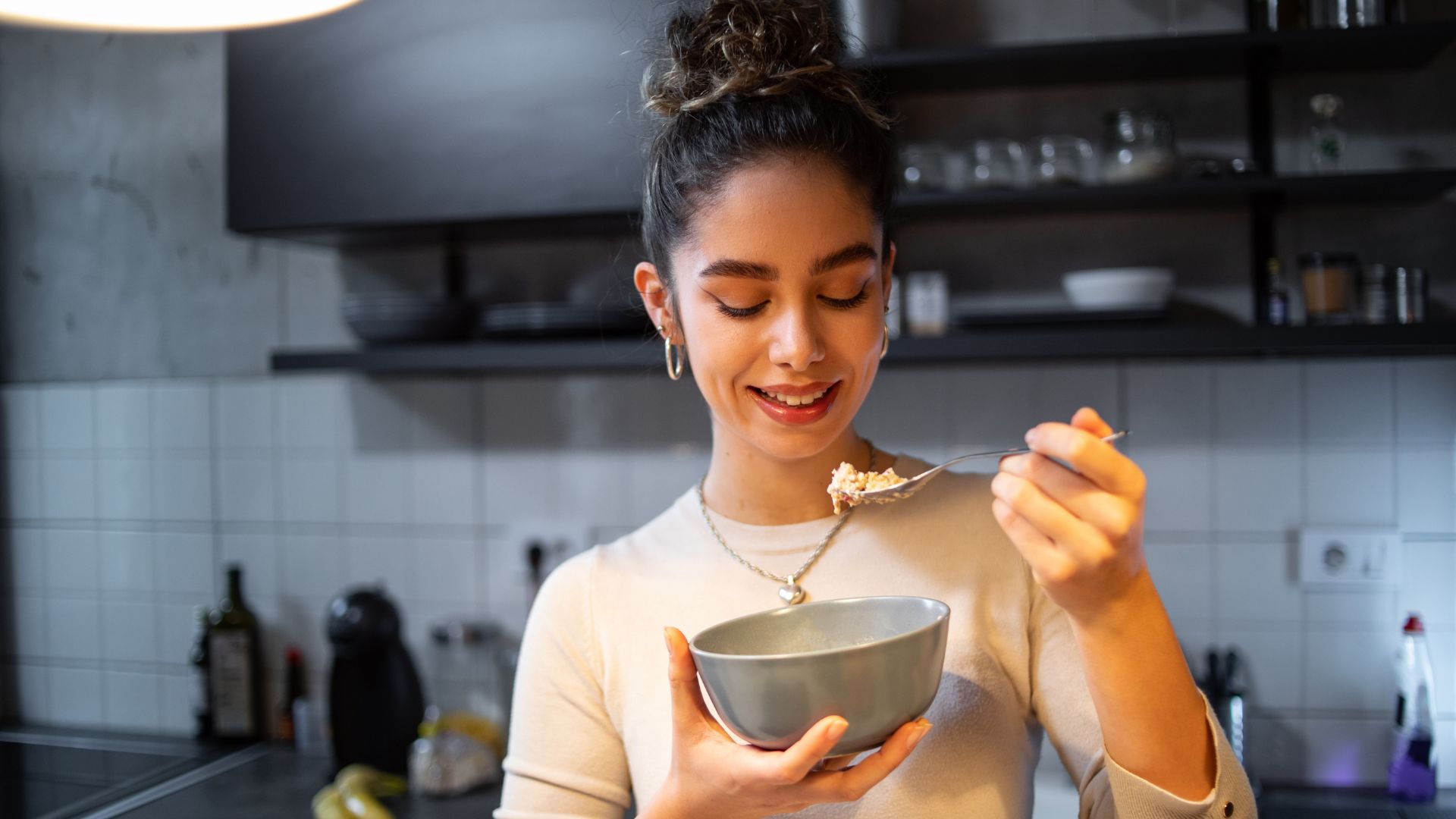
Eating a heavy meal before bed can cause multiple issues like indigestion, acid reflux and heartburn. This in turn can ruin your sleep quality, as you may struggle to get to sleep, wake up during the night and disrupt your circadian rhythm.
Experts recommend having your last meal at least 2-3 hours before hitting the sack. This helps your body to effectively complete the digestion process and focus on resting and relaxation.
It's also good idea to avoid alcohol too close to bedtime. Alcohol is infamous for being a diuretic, which means you run this risk of waking up during the night to head to the bathroom more than you imagined.
It also reduces REM sleep, and can worsen any existing sleep disorders like sleep apnea or restless leg syndrome. So, even though you may fall asleep fast, you shouldn't use alcohol to help you sleep.
5. Set the right temperature
Experts say that the optimum temperature to get a good night's sleep is between 15 to 19°C (60 to 67° F). And there's a good reason to adjust your thermostat.
Our core body temperature (around 37°C/98°F) starts to drop by one or two degrees closer to bedtime which helps with the production of melatonin.
So, if your sleep environment is any warmer or colder than the optimum mentioned above, it can impact how quickly you can fall asleep, and your ability to stay asleep.

Becky is a Sleep Staff Writer at Tom’s Guide covering all things sleep-related including product reviews, research studies, news and explainers. She works on specialist bedding content and is responsible for buyer’s guides like the best pillows for all sleepers and best mattress protectors focusing on popular brands such as Tempur-Pedic, Avocado, Coop Home Goods and more. Becky is a PPA accredited journalist who is keen to explore the intricacies of sleep, its effects on skincare, mental wellbeing and work performance. While not thinking of sleep, she can be seen reading in cosy bookshops or learning about global food culture.
You must confirm your public display name before commenting
Please logout and then login again, you will then be prompted to enter your display name.
